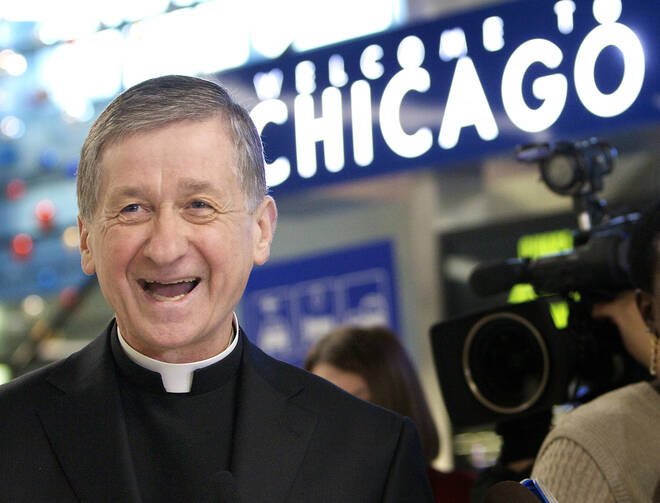Archbishop Blaise J. Cupich, of Chicago, delivered an address on Tuesday at Loyola University of Chicago for an Institute of Pastoral Studies event, marking the Institute's creation of a new Master of Arts in Pastoral Studies with a concentration in Digital Communication. He rasied some good questions:
It might be appealing at first blush to become enamored by the Internet’s ability to provide topdown communication, only to learn later that many of its users expect more. Interactivity is part of the Internet beast’s nature. Yet, this is more revolutionary for the Church than the simple statement of fact makes it sound. After all, the Catholic Church has a hierarchy with authority to teach, govern and sanctify. The most significant communications have been from the top down. Even the Second Vatican Council was a revolution from above, a fact often ignored. The Internet has the potential, or for some, the risk, of opening the decisions of all hierarchies to debate from below. How does an authoritative teaching office not only communicate but also make its decisions stick, as it were, in an Internet world that encourages discussion and debate of everything? What are the consequences for geographically-based authority, such as diocesan bishops, in a world where the media know no such boundaries or of having so many blogging bishops when speaking with one voice has been a hallmark of Catholicism? As a friend of mine says, Pope Francis’s openness to the media may have to result in a new category of papal pronouncement: the Apostolic Interview.








